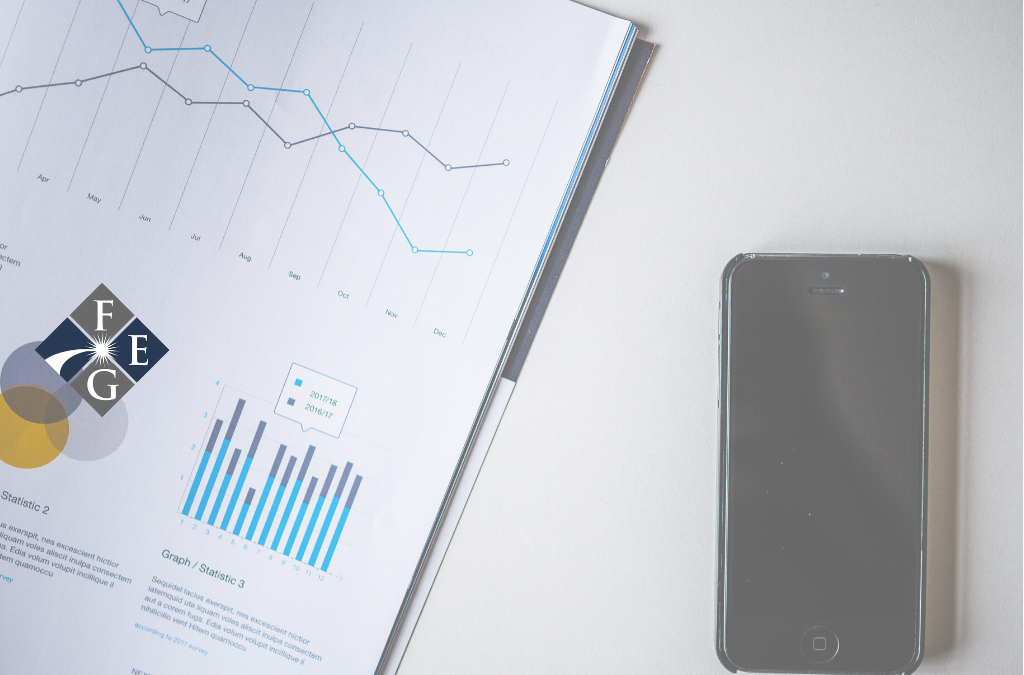When new families join our firm, “I can’t live through another 2008!” is a common statement. Naturally, we assure them that we have no intention of being trapped by a systemically broken market ever again. The main observation here for most of them making the statement is that in truth, yes, they can survive another 2008 if it happened, and they had proper planning.
The vast majority of those reading this are not using all your money today. You should never be all in or out of the equity market. That would be a major flaw in your planning for the future. If your plan is how much you have tonight, then another strategy may be in order.
The risk in any stock market is known as systematic risk. The theory is that 70% of the movement – up or down – of any stock price is driven by the direction of the overall market tendencies rather than the specific stock selection. Only 30% of the result, according to the math wizards, is driven by the individual stock.
While I am writing this article, it is apparent to me that systematic risk is clearly what is involved today and is a normal part of any market. On Monday, for instance, the top 20 performers for the day in the S&P500 included a stock that was down 2.6%!
The great recession of 2008-09 involved a different type of risk. Systemic risk, best defined by saying one word – domino. 2008-2009 knocked everything over, more than just a stock price. It broke the entire economy. Think about cancer in a part of your body that eventually kills your entire being. Systemic is far different than systematic risk, and knowing the difference between systematic risk and systemic is critical as an investor.
Assuming you are not spending your last dollar today, you could have lived through another 2008 if necessary. The market, even with the sudden pullback, is nearly double what it was prior to the great recession. The market high on October 9th, 2007, was 14,164. With this sudden correction we have seen, the Dow is still at 23,800. The biggest mistake in 2008 was to sell and not get back in the market.
Every investment decision should be predicated upon the purpose of the investment. If you are investing because you want your wealth to grow to have opportunities in retirement, to leave more behind for your children, or for charities, you must have the discipline to follow a process. Emotion will destroy your net worth more often than it will enhance it.
Sudden decisions require being right twice. Once you make the decision to get out of the market, you also will need to make the decision when to reinvest. This does not mean you shouldn’t evaluate your holdings in both good and bad market times. We are always examining our best new opportunity and comparing that to our current weakest holding. As a fiduciary, that is our job for the families we serve. You should be doing the same.
Disclaimer: Do not construe anything written in this post or this blog in its entirety as a recommendation, research, or an offer to buy or sell any securities. Everything in this post is meant for educational and entertainment purposes only. I or my affiliates may hold positions in securities mentioned in the blog. Please see our Disclosure page for the full disclaimer.

